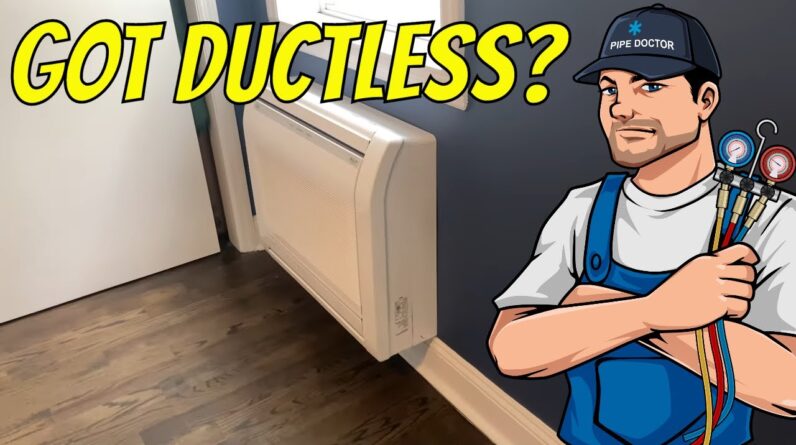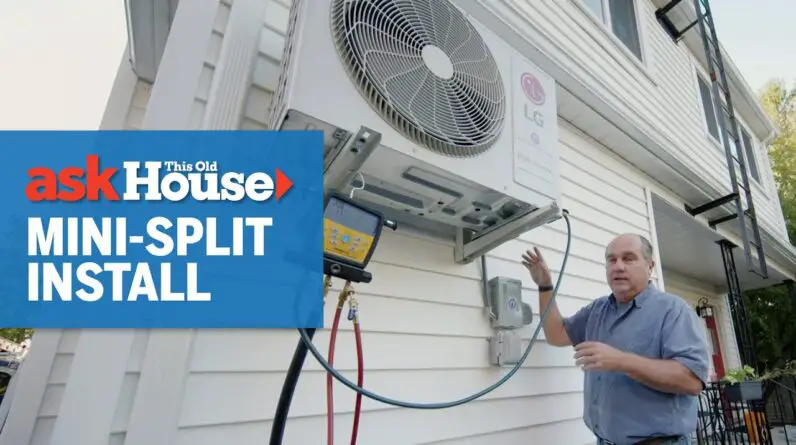Mitsubishi Hyper Heat System Overview
Many homeowners are becoming increasingly interested in the Mitsubishi Hyper Heat System, an efficient and versatile solution for heating and cooling large spaces. This article aims to provide a comprehensive analysis of this system, its performance, and whether it is worth the investment. Included are personal experiences with the system and its overall performance in an 800 square-foot addition to a home.
Installation Experience
When deciding on a heating and cooling solution for the 800 square-foot space, several contractors provided varying bids and suggestions. The estimates ranged from $12,500 to a staggering $20,000, with one recommending a separate furnace for the upstairs, while another suggested utilizing ductwork from the existing basement furnace. Ultimately, the Mitsubishi Hyper Heat System was chosen, as it promised high efficiency and the ability to heat in extremely low temperatures.
Mitsubishi Hyper Heat System Performance
Generally, the Mitsubishi Hyper Heat System lives up to its promises of high efficiency and effective climate control. The system can heat in temperatures as low as -13°F, at which point it operates at around 73% of its 20,300 BTU heat rating. Furthermore, the system maintains 100% efficiency down to 5°F, outperforming traditional heat pumps that lose efficiency below 23°F.
Regarding the homeowner’s specific installation, the system maintains an even temperature throughout the 800 square-foot space. However, it is essential to note the presence of three ceiling fans and well-insulated walls and attic. The decision to invest in a modulating furnace proved successful, as the furnace keeps the entire home comfortable by adjusting the amount of gas used and blower speed. In the past 36 days, the system has maintained an average indoor temperature of 67°F while the outdoor temperature has been 32°F, with a daily cost of about 93 cents.
Power Draw Concerns
Although the system operates efficiently when in use, there are concerns about the phantom power draw when the thermostat is off. Constantly drawing 200 watts, this equates to a daily cost of 53 cents or $19.30 over 36 days, regardless of whether the unit is in use. This issue may be a valid concern for those considering the Mitsubishi Hyper Heat System and its ongoing energy usage, as it impacts overall electricity costs.
Conclusion
While the Mitsubishi Hyper Heat System is a highly efficient heating and cooling solution, it does have its drawbacks, particularly concerning phantom power draw. Overall, the system performs exceptionally in temperature control, which may outweigh its downside for those seeking effective heating and cooling options. It is crucial to weigh these factors, gather multiple contractor bids, and consider their suggestions before making a final decision on a heating and cooling system for your specific needs.






